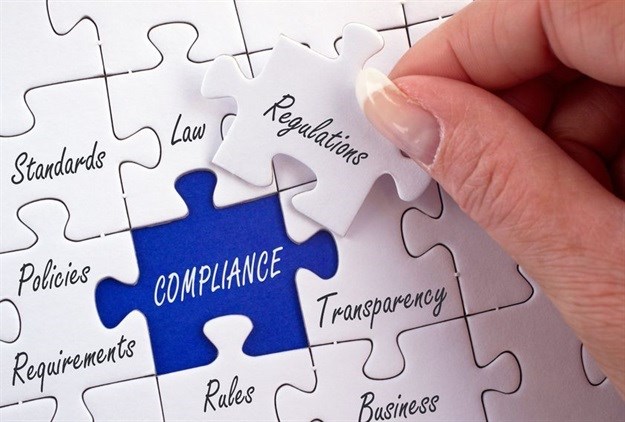
Top stories






More news


Marketing & Media
Ads are coming to AI. Does that really have to be such a bad thing?














The Department of Labour says these certificates will be issued subject to fulfilment of specified conditions for big employers/designated employers such as meeting any sectoral targets in terms of section 15A that applies to it or has provided reasonable grounds in terms of legislation justifying its failure to comply.
They will be issued if they have not been found by the CCMA or a court within the previous twelve months to have – breached the prohibition on unfair discrimination; or failed to pay the national minimum wage in terms of the law; have submitted a report in terms of Section 21, and comply with Chapter II on the prohibition of unfair discrimination.
For small or non-designated employers, the department said they will be issued if they comply with chapter II on the prohibition of unfair discrimination and National Minimum Wage Act, 2017.
This emerged on Wednesday during the Department of Labour's roadshow on the national public hearings on the EE Amendment Bill & Regulations held at the Olive Convention Centre in Durban.
Speaking at the hearings, the department’s Deputy Director Masilo Lefika said as part of monitoring mechanisms, the department would link its systems with the CCMA, the Department of Trade and Industry and the National Treasury to enforce compliance.
The department has published the Employment Equity Amendment Bill and the Draft Employment Equity Regulations in the Government Gazette in response to the slow pace of transformation in the workplaces.
As such, the department is using the public hearings to gather comments to the amendments.
The key objectives of the EE amendments are the introduction of provisions and regulatory requirements for the promulgation of Section 53 to ensure employers benefiting financially from state contracts comply with the EE Act.
The amendments also aim to bring alignment between definitions, policy provisions and the administration systems and enhancing of the collection of data for the National Minimum Wage Commission as well as to make reporting requirements easier for designated employers who are small employers.
Furthermore, the amendments want to see the introduction of provisions in the EE Amendment Bill and regulations for the consultation and setting of numerically based sector targets across various occupational levels to ensure an equitably represented workforce.
Lefika said the Employment Equity Act has walked a long journey since it was enacted in 1998.
He said when the Commission for Employment Equity paused and reviewed progress it found out that the implementation of transformation was moving at a snail pace.
“It is clear that there is no transformation in the workplaces. We do acknowledge, however, that there are pockets of excellence demonstrated by other employers when it comes to implementing transformation in the labour market,” he said.
Lefika said another amendment in the EE Bill was that the psychological testing and other similar assessments have been repealed.
Another set of public hearings on EE amendments & Regulations will be held on Friday at Horseshoe Inn 101 Memorial Road in Kimberley, Northern Cape and at Orion Hotel – Donkerhoek Street in Rustenburg, North West Province starting at 8.30am to 2pm.
The public hearings are open to employers or heads of organisations, academics, assigned senior managers, consultative EE forum members, human resource practitioners, trade unions representatives and employees.
The public hearings end on 26 October 2018 in Johannesburg, Gauteng Province. Comments to the amendments will be accepted until 20 November.
SAnews.gov.za is a South African government news service, published by the Government Communication and Information System (GCIS). SAnews.gov.za (formerly BuaNews) was established to provide quick and easy access to articles and feature stories aimed at keeping the public informed about the implementation of government mandates.
Go to: http://www.sanews.gov.za